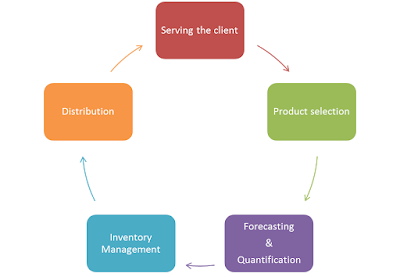Learning is Change and Change is Learning
What is the purpose of LEARNING? Is it not for
CHANGE? Change in knowledge, skills and attitude. Why don't we use change
management principles in learning? What are the change management principles?
Initiate
In initiating learning ,do we recognize the need for
change? Every learning opportunity is a tool for change. What about building
consensus? Learning occurs in teams and groups. We need to build an agreement
between the trainer, coach or mentor and the learner. How does the learning fit
into our culture? Organizational culture can either facilitate or
disrupt the learning process.
Plan
We also need to plan for learning; just as we do for
any change initiative. Always look for that element in the organizational
culture that facilitates learning. The lack of impact in many learning
initiatives is as a result of non-alignment with the organizational culture.We
need to identify the desired outcome; build a learning culture rather
than a learning event; communicate the learning goals in a clear and
coordinated manner.
Implement
In implementing learning, what resources are required?
people, materials, support, communications? Motivation is key in learning;
always identify early wins. Communication is learning and learning is
communication. Let it be 2-way: upwards and downwards. Again align culture,
policies, structure and vision with the learning.
Sustain
Learning should not end after one event; we need
to sustain the learning beyond the event or environment or person. Learning
should be internalized but beyond that it should grow to be a community of
learners. That is why cultural alignment is important. Build a
community rather than a participant list. Evaluation of learning
cannot be overemphasized; it starts when the learning initiative is conceived.
In building a community, we share and learn. Always share; learning is sharing;
when sharing is not part of a learning experience, it is not effective. When
learning occurs, change is the result.




Comments
Post a Comment